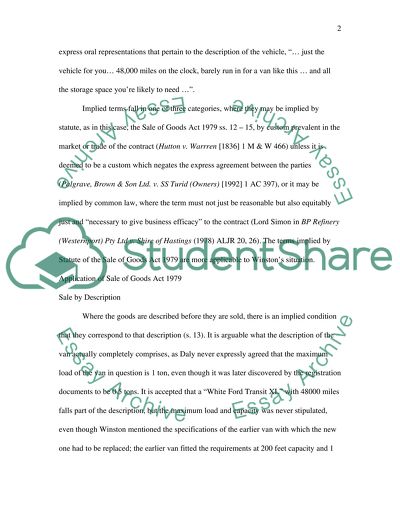Cite this document
(“Law Assignment Example | Topics and Well Written Essays - 2250 words”, n.d.)
Retrieved from https://studentshare.org/family-consumer-science/1413941-law
Retrieved from https://studentshare.org/family-consumer-science/1413941-law
(Law Assignment Example | Topics and Well Written Essays - 2250 Words)
https://studentshare.org/family-consumer-science/1413941-law.
https://studentshare.org/family-consumer-science/1413941-law.
“Law Assignment Example | Topics and Well Written Essays - 2250 Words”, n.d. https://studentshare.org/family-consumer-science/1413941-law.


